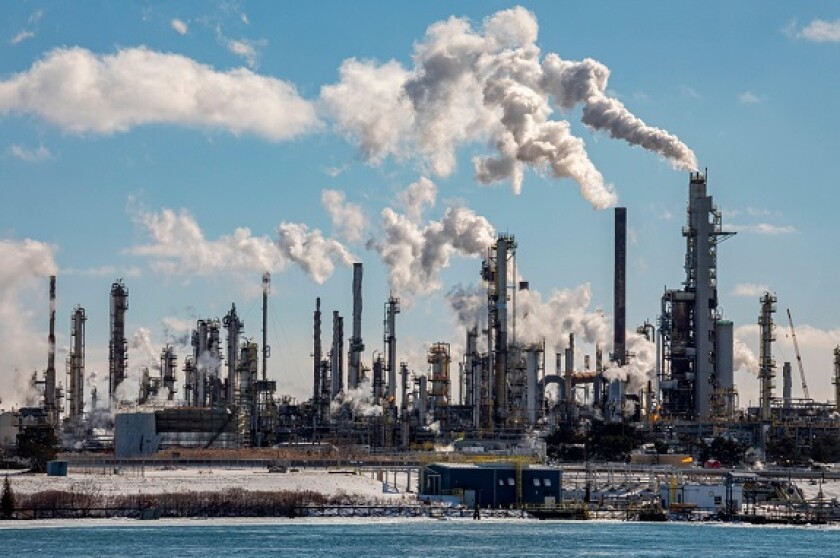Few care that central banks are unelected and act as they see fit — this is part of their appeal. They are pet dictators.
As clamour for action on climate change grows, central banks are bombarded with demands to join the good fight.
Their most decisive influence will come through supervision. Prudential regulators now consider the climate risks banks take. The big question is how tough they will be.
Central to this process is climate scenario analysis — making multiple guesses of how global warming might play out and estimating the resulting risks.
Through their collective Network on Greening the Financial System, central banks have devised six climate scenarios.
Even the 1.5°C scenarios allow wide use of fossil fuels into the next decade — though the International Energy Agency now warns against this. They also rely much more on unproven carbon capture and harmful biofuels than environmentalists consider wise.
This could lull financial firms into thinking it safe to keep funding these damaging technologies.
The NGFS’s aim is analytical — it is not trying to guide climate policy. But central banks’ authority is vast. Whether designed to or not, these scenarios will steer the financial system, and hence the economy.
The Network has so far proved open-minded and willing to change. It must keep listening to critics from across the environmental spectrum — including the more radical end, which has been proved right time and again.
For 40 years, central banks turned the other way when climate change was mentioned. Now they are paying attention.
No one can tell them what to do. That means feedback from society is critical to governing them. We trust central banks will listen.

